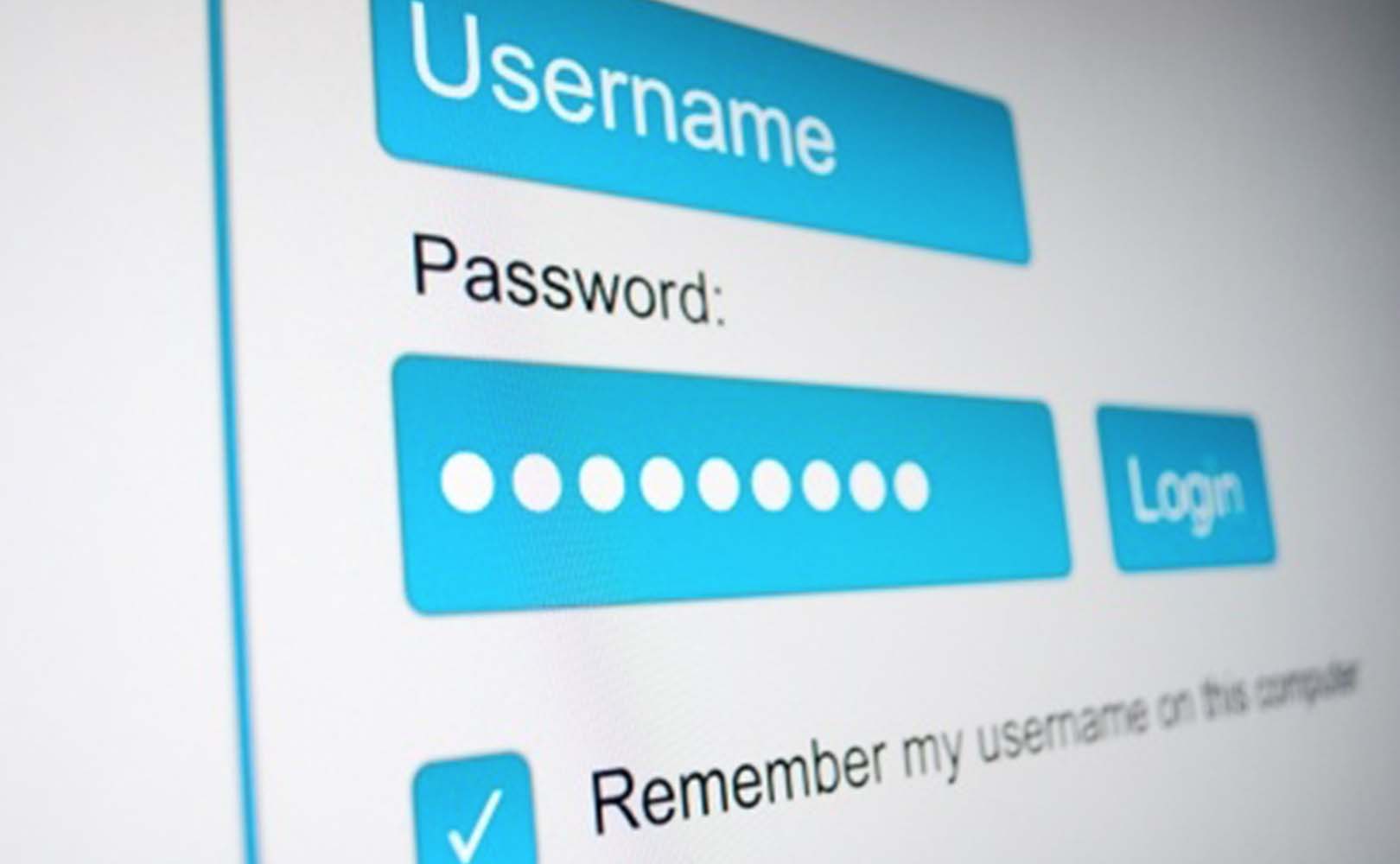With the recent spate of high‐profile hacking incidents into corporate networks (e.g., Home Depot, JPMorgan), now is a good time to review ways you can protect yourself online and make sure your cyber hygiene is adequate given the ever‐more sophisticated tactics of hackers and fraudsters.
s a financial advisor, I am careful to keep my clients’ data secure and try to stay on top of an evolving landscape. Here are some of my favorite ideas:
- Use Good Passwords & Change Often. All laptops, phone, tablets should require a password to login. For websites, set strong passwords that contain letters (upper and lower case), characters and numbers. Reset passwords periodically, at least annually.
- Be Careful with Email. Don’t send sensitive personal information by email or in unencrypted attachments. Sensitive information can include some combination of your name and social security number, account numbers or credit card numbers. Always encrypt or password‐protect attachments that contain sensitive information.
- Remote Wipe. Know how to remote wipe your phone and/or laptop. Don’t just know that your device has this capability, but actually know how to use it.
- Monitor Your Credit. Everyone is entitled to one free credit report from each credit agency once a year. Visit annualcreditreport.com to request your free reports annually and review them for any anomalies. It’s also a good idea to monitor your credit card activity monthly to quickly detect any fraudulent activity within the time frame (60 days) where you can contest the charges. Some card companies now offer mobile apps that will text you if they detect fraudulent activity (e.g., Amex). If this is too much work for you, then pay for a subscription to a credit monitoring service like LifeLock.
- Don’t Click on Suspicious Links in Email. If anyone sends you a suspicious email or link, don’t click on it. Fraudsters are getting more sophisticated with their schemes, so the email might seem legitimate. If in doubt, call the person or company to confirm.
- Don’t Use Public Wifi Networks. While it can be tempting to hop on the public wifi network at the airport or coffee shop, these venues are notorious for hackers capturing sensitive login and other information. Just don’t do it! Always use encrypted networks when logging into websites.
There are other ways to protect your identity online, but these are a few of the more effective ones. The important thing to keep in mind is that the techniques used by hackers and fraudsters are constantly changing, so it’s important to adapt your protection techniques, too. Unfortunately, fraudulent activity is a negative side‐effect of the increased efficiency technology has brought into our lives. It’s important to be vigilant.

